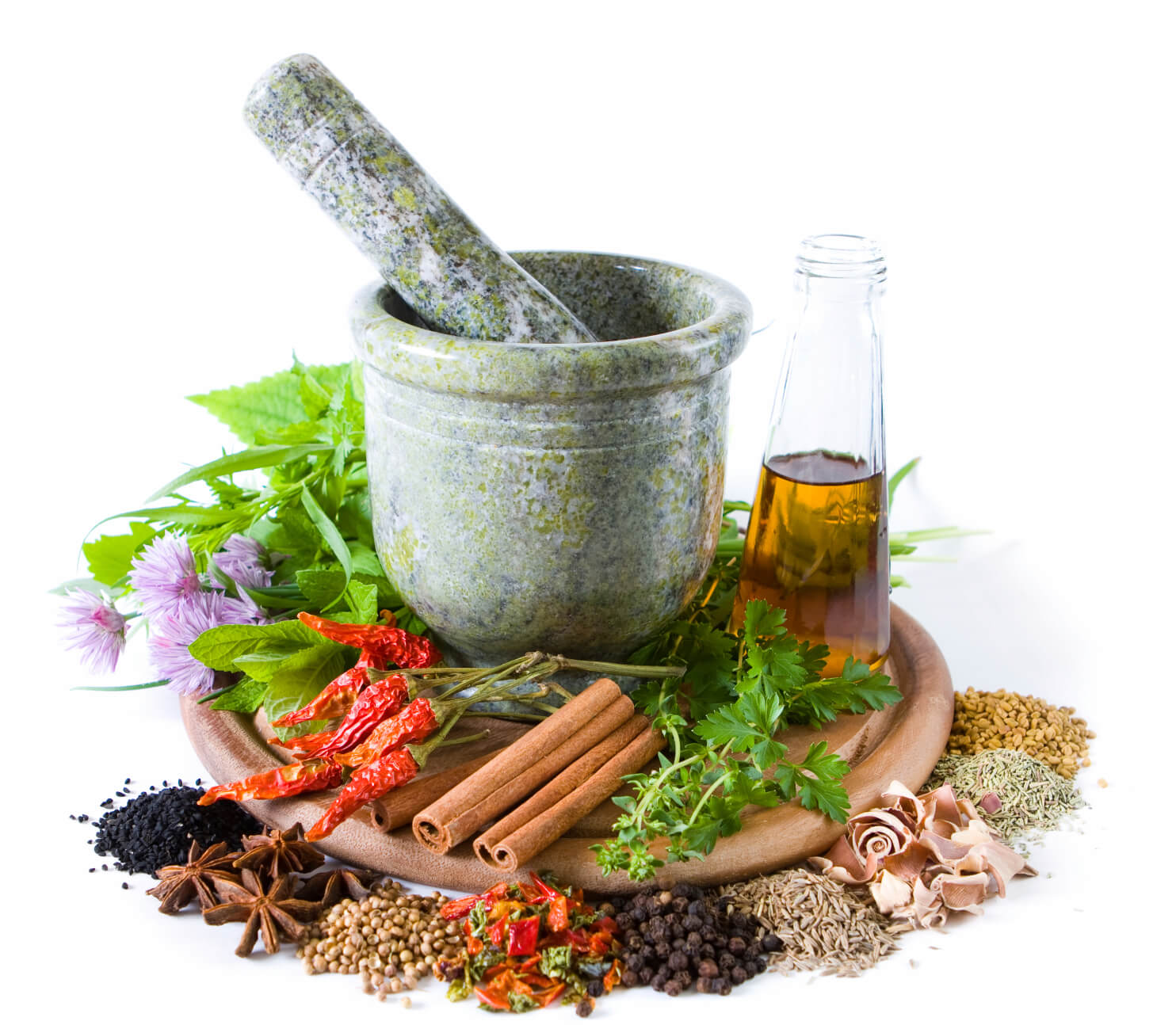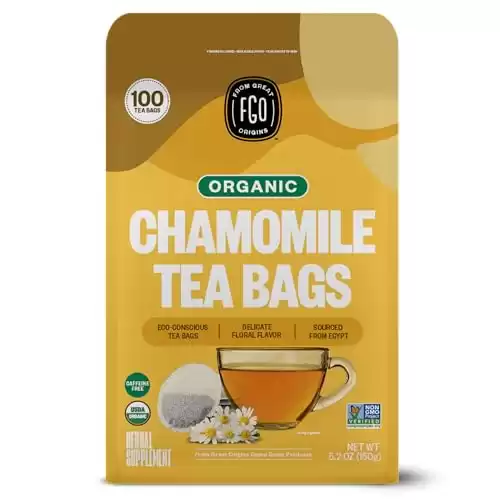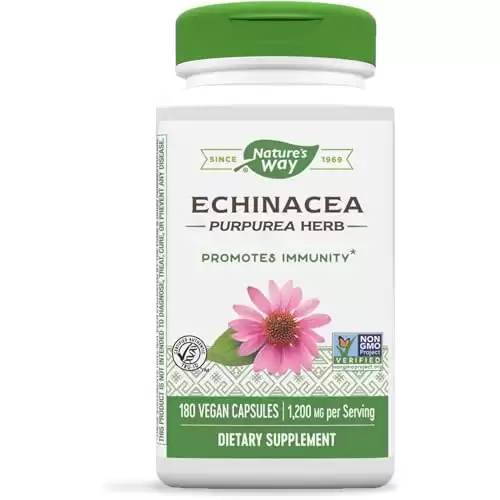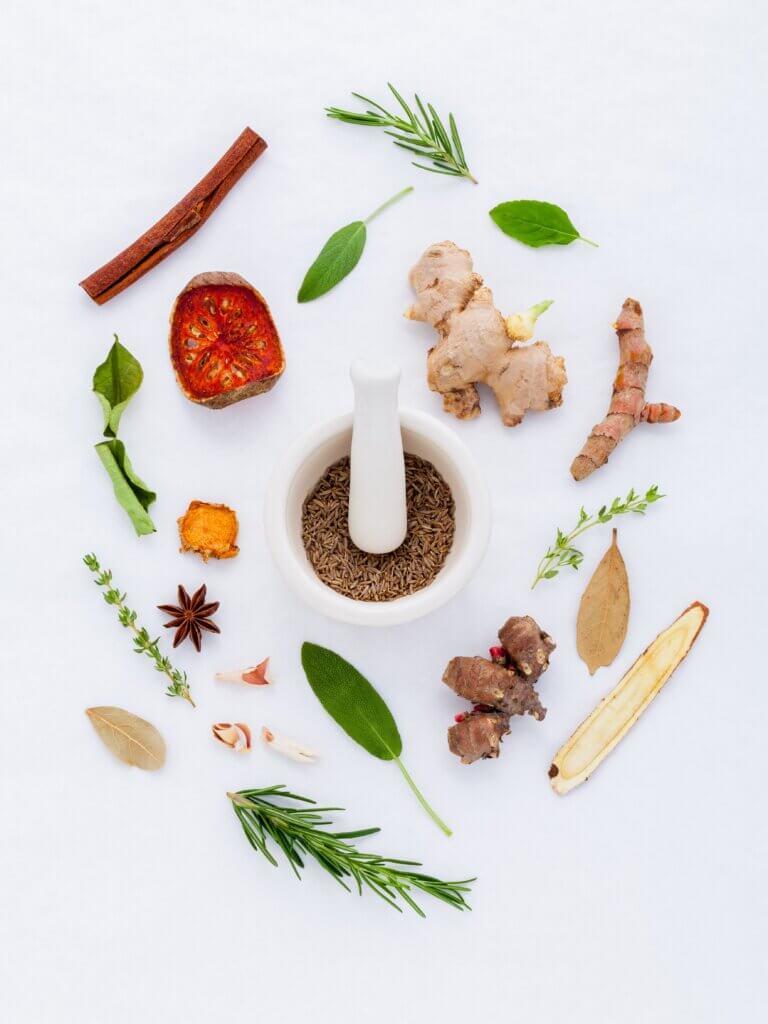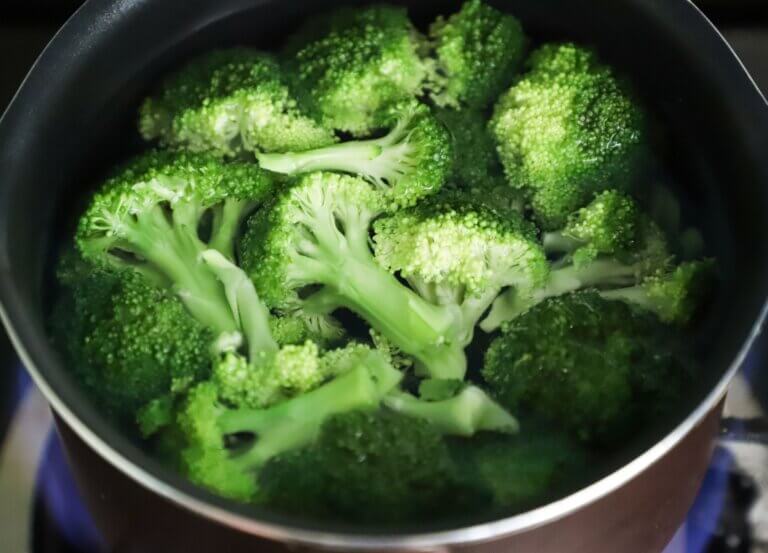We use herbs to flavor our cooking, but they also have important nutritional benefits. The next time that you’re trying to make your food a little more interesting, think about the following ways in which you may also be making your food better for your body.
And keep in mind: There are countless herbs in the kitchen, each with its nutritional strengths, and we’re only listing four benefits.
A Healthier Way To Flavor Up Your Food
A 2015 article by the Washington Post points out one underrated health benefit of herbs: They flavor food.
When our food is too bland, we’re likely to load it up with things like fatty, sugary dressings, or unhealthy salt. Not only does salt cause our bodies to hold in water leading to high blood pressure, but it also has no nutritional value whereas herbs and spices carry loads of important vitamins and minerals.
The next time that you’re making food, flavor it in the kitchen with extra herbs and spices so that you don’t end up flavoring it at the table with less healthy alternatives.
Don’t be too afraid of salt, however. Iodized salt is how most people these days get most of their iodine, so a little salt that is fortified with this essential nutrient isn’t that bad for you.
A Source of Antioxidants
According to an article published by the National Institute of Health, several herbs and spices, particularly garlic, are full of natural antioxidants.
While most people associate anti-oxidants with cancer – and there is some clinical evidence that a healthy herbal cooking style can help ward off cancer – the NIH points in another direction.
Lipoproteins like cholesterol often get a bad reputation but all they do is carry fats around the body. Some of them, called “good cholesterol” bring it to places where it is excreted or metabolized while other kinds, called “bad cholesterol” bring it to where it is stored. Any of these cholesterols can become oxidized, which leads to adverse health effects, including some forms of heart disease and cancer.
So, the next time you feel guilty about how many carbohydrates are in your pasta, feel better by adding some extra garlic to the sauce!
A Source Of Flavonoids
While cancer and heart disease are pretty big topics in health, Jo Lewin, a nutritionist writing for the BBC, points out that many herbs are full of flavonoids.
These chemicals, found in garlic, onions, rosemary, thyme, sage, and other kitchen favorites, are anti-inflammatory chemicals that help the immune system fight off more mundane illnesses that still play a pretty big role in our overall health.
You don’t have to eat all of your herbs to get these benefits, however. These compounds are also found in chamomile, ginger, and echinacea, which are commonly used to make tea.
If you want to experiment with some less common herbs to get in your dose of flavonoids, try dandelion. Now often considered a weed, these common plants were once a part of the Europeans’ daily diet.
Their leaves can be mixed in with salad greens or used to thicken stews and soups. Be careful where you get them from, however. You don’t want to eat a lot of the chemicals that end up on the average lawn.
A Rich Source Of Vitamins And Minerals
Many herbs contain minerals that we might not expect. WebMD points out that cumin, a spice common in Indian food, is a good source of iron, which most of us get from meat.
If you don’t eat meat, consider leaving it out of your curry next time, knowing that you’re still getting some of the benefits, especially if you’re eating whole-grain rice, which also includes protein. Turmeric, another spice common in Indian cuisine, is also full of antioxidants and flavonoids.
